Registration is open for our first External Stakeholder Workshop, an online event, on the 9th December 2020 from 09:00 – 12:30 CET/10:00 – 13:30 SAST.
This workshop will be the follow up of the Internal Project Workshop which will take place from 30th November to 1st December 2020. For the first External Stakeholder Workshop scheduled to take place on 9th December 2020, South Africa has been selected as the theme country. Therefore, planned discussions will focus on the related food security case study to incentivise a wider local participation.
Workshop Objectives
- Showcase the state of FOCUS-AFRICA Project to engage with the stakeholders in South Africa that are interested in climate services.
- Assess user’s perspective of climate related risks.
- Map the existing climate risk mitigation and adaptation measures and responses.
- Raise an awareness of climate services tools and knowledge.
- Identify lessons learned from 2020 and COVID-19.
Expected outcomes/output
- Identified Networks of user’s communities interested in the project
- Initial assessment of climate related risks and their impact on food security.
- Baseline of existing national climate services
- List of opportunities for synergies with existing climate services initiatives.
- Assessment of current capabilities in developing and using climate services.
- Identification of mitigation and adaptation measures in place to withstand Covid-19 impacts on the project.
- Workshop report.
Speakers
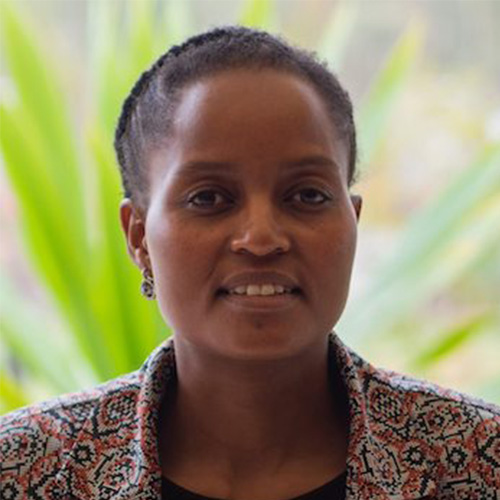
Dr. Mary-Jane Bopape is a Chief Scientist at the South African Weather Service responsible for Weather Research, and her research interest is in atmospheric modelling. She holds a PhD degree in meteorology with a focus on cloud microphysics modelling obtained from the University of Pretoria. Mary-Jane also worked as a Postdoctoral Research Fellow focused on modelling the grey zone boundary layer at the University of Reading. She also worked at the Council for Scientific and Industrial Research (CSIR) where she focused on climate change studies. She is currently leading activities on a weather and climate project to implement the Southern African Development Community (SADC) Cyber-Infrastructure Framework.
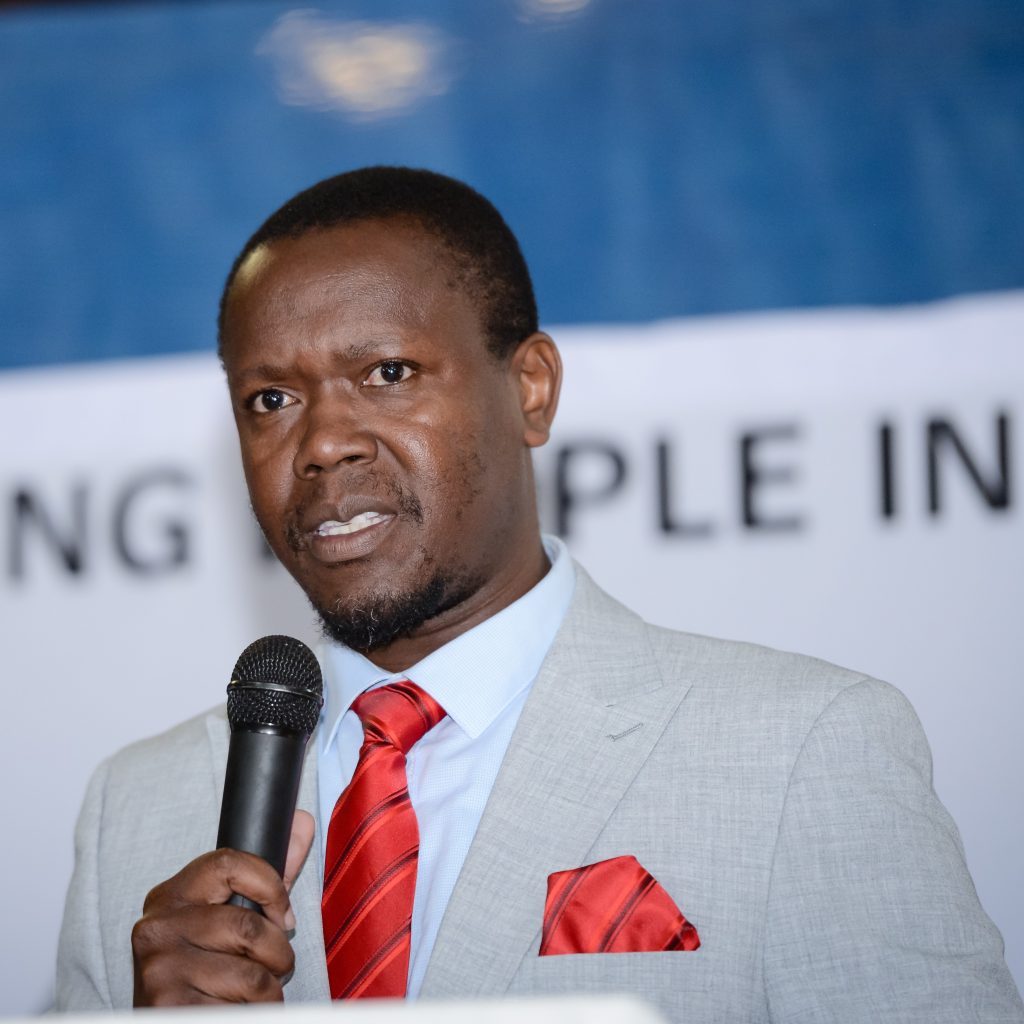
Nyiko Maluleke is a Chief Executive Officer for Buhle Farmers Academy in RSA. He holds an Honours degree in Agricultural Management, Project Management Diploma and several local and international certificates in Agricultural Business Management. He has been in the field of Agricultural Development for 25 years. He has worked in different managerial positions in government, private and NGO sectors. He is passionate to see people’s livelihood improving through commercial agriculture from primary production and the entire value-chain.
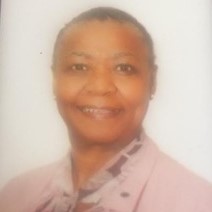
Wicky Mpumlwana is Secretary General of BFASA, Black Farmers Association of South Africa. BFASA is a nationwide association composed of more than 4000 farmers that was established to ensure that the black farmers benefits from government funding support programs, government subsidies, land reforms and skills transfer. Currently, Wicky is proactive and highly involved in assisting agricultural projects in the Western Cape region. Her work consists of bridging the gap between black farmers and the department of Agriculture in the Western Cape, striving to continuously equip small scale farmers and black farmers with relevant skills so that they can run farms as businesses and become commercially vibrant.
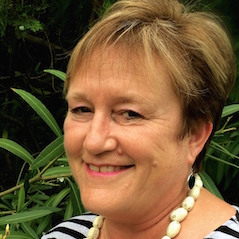
Professor Coleen Vogel is a Climatologist, Adaptation and Sustainability Specialist based in the Global Change Institute at the University of the Witwatersrand. Her research interests include systemic risk reduction, climate services, drought and the ‘human dimensions’ specific to the urban landscape. She was one of the key contributors to the writing of the Green and White Papers on South African Disaster Management and was a major contributing author for the Disaster Management Act. She was one of the Chapter Lead Authors of the Africa Chapter for the Intergovernmental Panel on Climate Change, IPCC 4th Assessment Report and was also an author of the Synthesis Report for Policy Makers of the 4th IPCC Assessment Report. A Nobel Peace Prize was awarded to the author team, together with Al Gore, for the 4th Assessment Report. Professor Vogel has been Chair and Vice Chair of international committees such as the International Human Dimensions Programme, now known together with other international programmes as Future Earth.
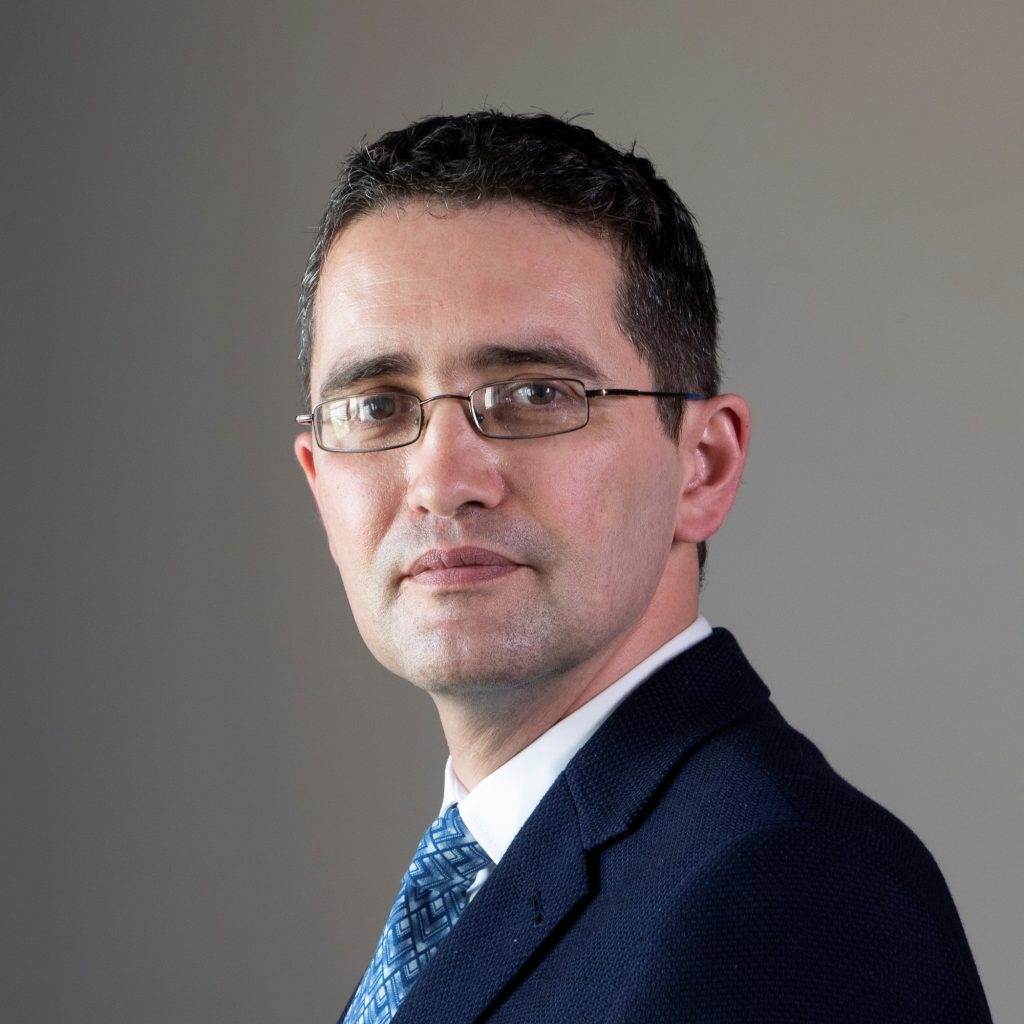
Professor Francois Engelbrecht is Distinguished Professor of Climatology at the Global Change Institute of the University of the Witwatersrand in South Africa. Engelbrecht specializes in climate model development and the simulation of African climate variability and change, and currently leads the development of an African-based Earth System Model. He served as an invited Lead Author of the IPCC’s Special Report on Global Warming of 1.5 ºC, which was published in 2018, and he is currently an invited Lead Author of Working Group I of Assessment Report Six of the IPCC.
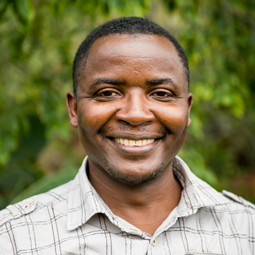
Dr. Moses Azong Cho is the Precision Agriculture research group leader at the Council for Scientific and Industrial Research (CSIR) and a professor with the plant and soil science department, University of Pretoria. He holds a Ph.D. degree in remote sensing of vegetation from Wageningen University and the International Institute from Geoinformation Science and Earth Observation, The Netherlands. His research focus involves developing Earth Observation tools and applications that support planning and decision making for precision agriculture and biodiversity conservation. He is an National Research Foundation (NRF) rated researcher and an Associate editor for the International Journal of Applied Earth Observation and Geoinformation. He has published over 100 journal and conference articles.

Nehru Pillay a macroeconomist, joined the Land Bank in 2016 to head a small research unit. The unit is custodian of the Land Bank’s Environmental and Social Sustainability Policy and works closely with the Agricultural Economics and Advisory Division to execute the ESS Policy/ESMS. He has a keen interest in sustainable finance/responsible banking and ensuring the Land Bank, its clients and agric sector manage climate related risks to ensure continued food security for the country. Prior to joining the Land Bank, he has worked for the NT and SARB as well as the IMF (USA) and Central Bank of eSwatini. He has a Master of Commerce: Economics from University of Pretoria and a Bachelor of Business Science from University of Cape Town.
Workshop format and duration
The WS1 External Project Workshop will take place on 9th December 2020 for a duration of 3.5 hours (via teleconference).
Draft agenda from 09:00 – 12:30 CET
| TIME | ACTIVITIES | RESPONSIBLE |
| 09:00 – 9.10 09:10 – 09.20 | Opening Introduction and overview of the workshop plus Icebreaker activity. | Ms. Roberta Boscolo, WMO coordinator Mr. Elliot Moyo / Mr. Jonathan Padavatan |
| 09:20 – 10:00 | 09:20-09:30: Presentation from Global Change Institute Title: Getting to the heart of climate change – the role of science and engagement 09:30-0940: Presentation from the South African Weather Services Water Title: The South African Weather Service weather and climate information 09:40:10:00: Open discussion | Prof Francois Engelbrecht and; Prof Coleen Vogel Dr. Mary-Jane Bopape |
| 10:00- 10:40 | 10:00-10:10: Presentation from the Landbank 10:10-10:20: Presentation from South African Water Research Title: Climate Smart Agriculture – the future of agriculture in southern Africa. 10:20-10:40: Discussion | Mr. Nehru Pillay Dr. Moses Choe |
| 10:40-11:20 | 10:40-10:50: Presentation from Farmers Association Title: Agriculture and food security 10:50-11:00: Presentation from Buhle Farmers Academy Title: Smallholder farmer adaptation to climate change 11:00-11:20: Discussion | Mrs. Mapuleng Wicky Mpulwana Mr. Nyiko Maluleke |
| 11:20 – 11:40 | Break | |
| 11:40 – 11:50 | Outcomes of the internal project workshop | Ms. Roberta Boscolo |
| 11:50 – 12:20 | Discussion Feedback from the external stakeholders and open discussion to help improve the framing & implementation of the case study. | Dr. Beraki Asmerom |
| 12.20 – 12.30 | Wrap up session (plus workshop evaluation) Session outcome: Summary of objectives day’s activities and the proposed direction – focus on the specifics of South Africa. | Mr. Jonathan Padavatan |
The EU H2020 FOCUS-Africa project incorporates eight case studies within four sectors – agriculture and food security, water, energy and infrastructure – across the geographical region of the Southern African Development Community (SADC). The main objective of the project is to develop sustainable, tailored climate services.

